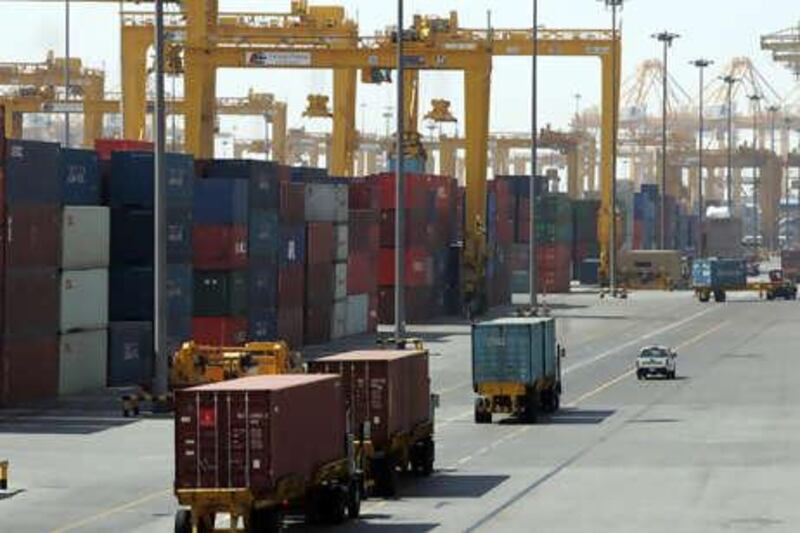Special Economic Zones are a powerful development strategy to lure foreign direct investments but their success depends on the host economy’s position in the global context, a new study has found.
SEZs have multiplied over the years to around 4,300 in over 130 countries from an estimated 500 in 1995, strategy consultancy firm Oliver Wyman said in a report on Monday, analysing the relevance of these zones in global economic conditions.
The economic zones, which across the world employ 68 million workers, have evolved from a relatively simple proposition of incentives to investors to an increasingly diverse range of concepts, designed to achieve more specific development objectives. SEZs have played a vital role in the economic diversification of the Arabian Gulf, a region that accounts for about one third of the world’s proven oil reserves.
“Special Economic Zones evolve in four stages, and the GCC countries, are currently under stages I and II, namely the Special Manufacturing Zones and Special Service Zones,” Anshu Vats, a partner at Oliver Wyman, said. “Each focusing on leveraging on abundance of low cost land and labour to overcome the absence of a domestic market through export.”
___________
Read more:
Dubai free zones unite to boost foreign investment flows
UAE foreign ownership changes will boost FDI, spur economic growth
Sheikh Mohammed announces sweeping changes to UAE's visa system
Abu Dhabi extends company licence package to GGC nationals and UAE residents
Abu Dhabi DED is implementing Dh50bn stimulus linked initiatives
___________
The GCC economies, which rely heavily on the sale of hydrocarbons for revenues, had come under intense pressure during the three-year crude price slump, triggering austerity and economic diversification efforts across the region. Although oil prices have recovered from the $30 per barrel trough in the first quarter of 2016 to above $70 per barrel in recent months, regional governments are pushing ahead with plans to create more specialised economic zones to cut their dependence on oil.
Saudi Arabia, the world’s biggest crude exporter, last year unveiled plans to create a $500 billion futuristic specialised zone extending into Egypt and Jordan. The kingdom’s sovereign wealth fund, Public Investment Fund, which is behind Neom, is also developing a Red Sea project that includes a nature reserve, diving in coral reefs and heritage sites on about 50 islands. Both these projects are in the third stage of SEZs’ evolution that includes new technology frontiers, research and development labs and tourism.
“There is a natural temptation to aspire to the most innovative stage III, but there is still the need for an infrastructure to accommodate this move,” Mr Vats said.
“We can understand the need for creating these zones as the appeal is clear; knowledge based economic development with high economic value add.”
What is less clear, though, is how these zones could succeed when global competition for dominance in such sectors is fierce. "Selecting which sectors to rely on and designing the right value proposition will constitute a SZE’s success,” he sais.







